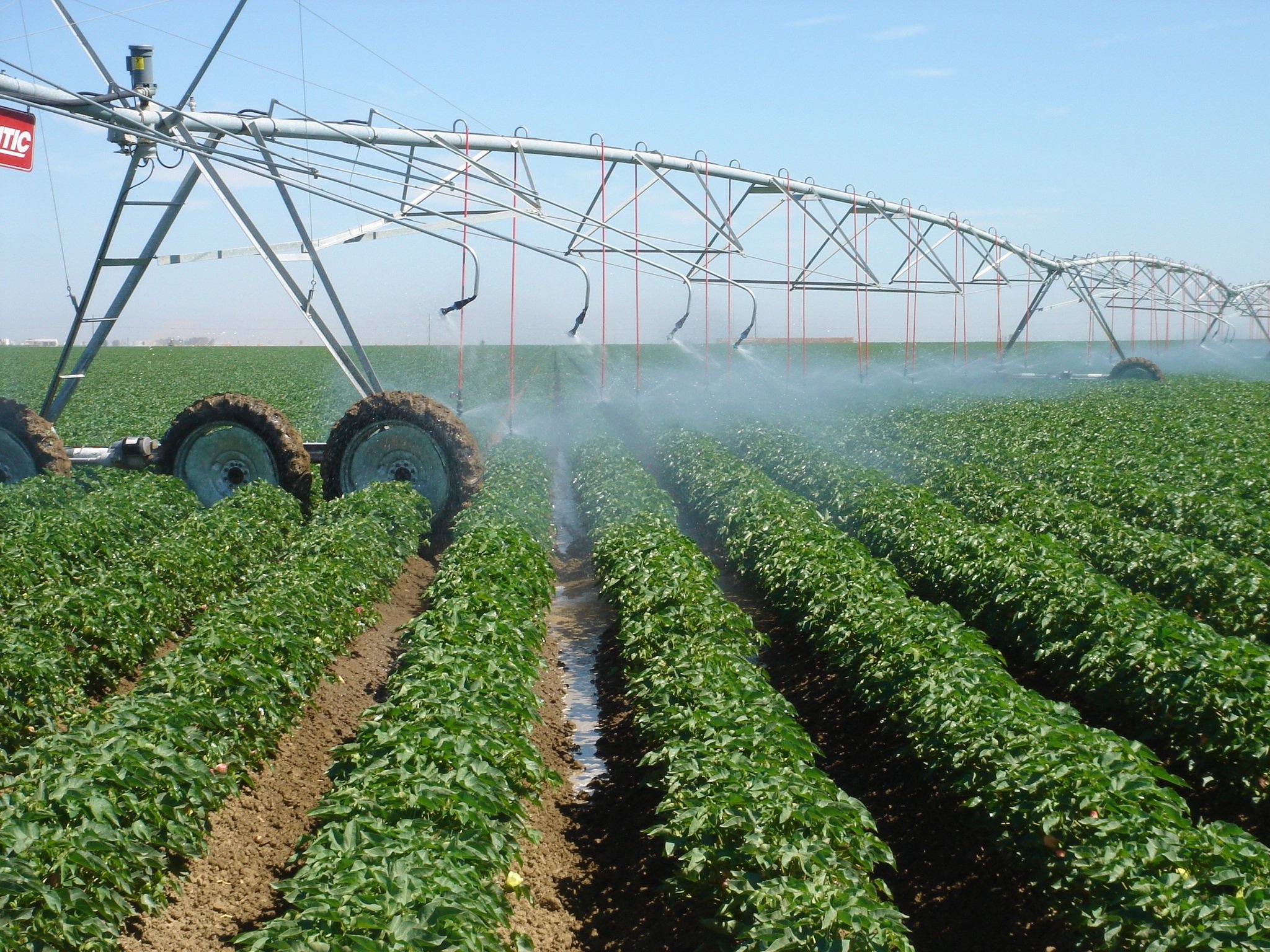 While Tennessee is set to implement a new law that criminalizes women for using drugs during pregnancy (despite inconclusive evidence as to the long-term harm to babies), a peer-reviewed study is showing strong links between prenatal exposure to pesticides and the likelihood of having a child with autism spectrum disorder (ASD) as well as developmental disability (DD).
While Tennessee is set to implement a new law that criminalizes women for using drugs during pregnancy (despite inconclusive evidence as to the long-term harm to babies), a peer-reviewed study is showing strong links between prenatal exposure to pesticides and the likelihood of having a child with autism spectrum disorder (ASD) as well as developmental disability (DD).
Where are the so-called right to lifers now? Do they care about this very real danger that threatens mothers and children? While some people on the autism spectrum are high-functioning and view having autism as little more than a personality quirk, for families with more severely impaired children, having a child on the spectrum leads to significant stress, worry and expense. I know this from the many families with kids on the spectrum that I have met in the course of my everyday life, and these experiences are validated by research studies that I have read.
The study published in Environmental Health Perspectives, Neurodevelopmental Disorders and Prenatal Residential Proximity to Agricultural Pesticides: The CHARGE Study looked at the residential addresses of 970 pregnant women and then tracked the outcomes of their pregnancies and the development of the children born.
“Approximately one-third of CHARGE Study mothers lived, during pregnancy, within 1.5 km (just under one mile) of an agricultural pesticide application. Proximity to organophosphates at some point during gestation was associated with a 60% increased risk for ASD, higher for 3rd trimester exposures [OR = 2.0, 95% confidence interval (CI) = (1.1, 3.6)], and 2nd trimester chlorpyrifos applications: OR = 3.3 [95% CI = (1.5, 7.4)]. Children of mothers residing near pyrethroid insecticide applications just prior to conception or during 3rd trimester were at greater risk for both ASD and DD, with OR’s ranging from 1.7 to 2.3. Risk for DD was increased in those near carbamate applications, but no specific vulnerable period was identified.”
In other words, if a pregnant woman lived within a mile of pesticide or insecticide applications during pregnancy, her likelihood of giving birth to a child with ASD or DD increased very significantly.
Why are such toxic substances being used so widely? Because it is more profitable for agribusiness to use pesticides and insecticides than it is to manage crops in a more natural and sustainable manner. Meanwhile, when was the last time you saw an anti-abortion activist at the March Against Monsanto? Life and health only warrant protection when inside the womb.






